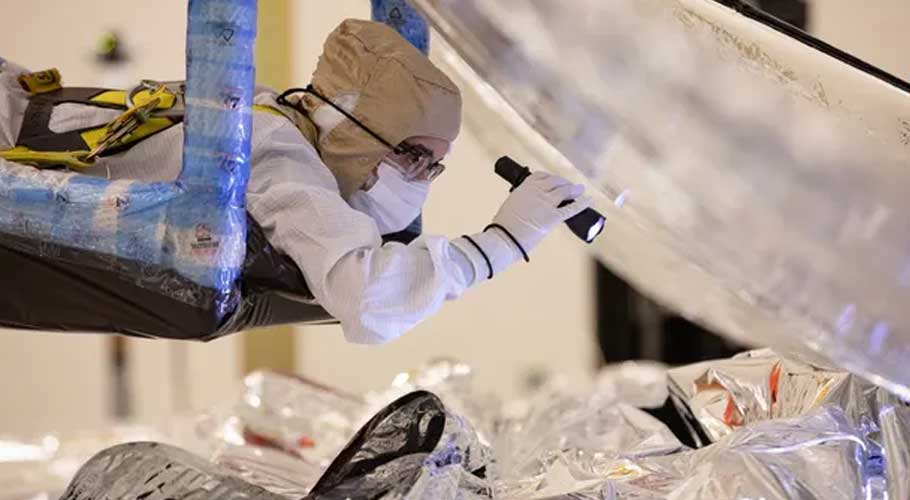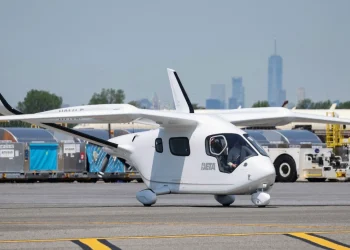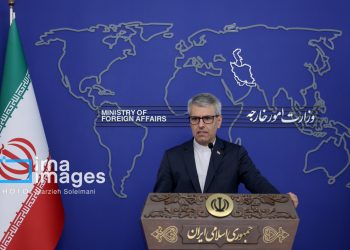PARIS: The much-delayed launch of the James Webb space telescope will go ahead on December 24, National Aeronautics and Space Administration (NASA) and the company overseeing the launch confirmed on Saturday.
The project, begun in 1989, was originally expected to deploy the instrument – which will be the largest and most powerful telescope ever to be launched into space – in the early 2000s.
However, multiple problems forced delays and a tripling of the telescope’s original budget with a final price tag of nearly $10 billion (8.8 billion euros). The new telescope is named after the late James E. Webb, who ran the fledgling NASA space agency for much of the 1960s.
The Webb telescope was built in the US and transported to its launch site in Kourou in French Guyana this year with a planned date of departure of December 18. However, new problems have forced two delays.
“The James Webb Space Telescope is confirmed for the target launch date of December 24,” tweeted launch company Arianespace, adding that it would go ahead at 12:20 GMT on that day. Confirming the launch date, NASA tweeted that the telescope was “encapsulated inside its @Ariane5 rocket fairing”.
It follows in the footsteps of the legendary Hubble telescope but will be located much further from the sun. It is hoped it will reveal what the Universe looked like even closer to its birth nearly 14 billion years ago.
Scientists also expect to use its more advanced capabilities to study the atmospheres of distant planets in the hope that signs of life might be detected.
A rocket will throw Webb on to a path that will take it to an observing station some 1.5 million kilometres from Earth. This journey should last a month, during which time the telescope will unfold its 6.5m-diameter primary mirror and the tennis court-sized shield intended to protect its observations of the cosmos from the Sun’s light and heat.
Webb’s goal is to image the earliest objects to form after the Big Bang. These are theorised to be colossal stars, grouping together in the first galaxies. Webb will also probe the atmospheres of planets outside our Solar System – so-called exoplanets – to see if they hold gases that might hint at the presence of biology.


































